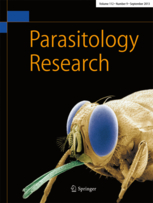 A journal has retracted a paper about a molecular diagnosis for leishmaniasis out of concern it could lead to incorrect clinical diagnoses.
A journal has retracted a paper about a molecular diagnosis for leishmaniasis out of concern it could lead to incorrect clinical diagnoses.
According to Parasitology Research, all data behind the figures in the main manuscript and supporting information are correct, but the authors’ misinterpretation of the data could lead doctors to diagnose patients incorrectly.
Let’s take a look at the retraction notice, which tells us a bit more about the nature of the problem: Continue reading Journal pulls parasite paper over potential for patient harm


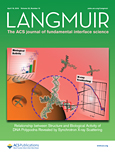
 After the reviewer of a rejected paper was publicly outed, the BMJ has taken the unusual step of explaining why it chose not to publish the paper.
After the reviewer of a rejected paper was publicly outed, the BMJ has taken the unusual step of explaining why it chose not to publish the paper.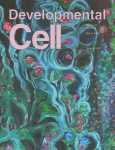
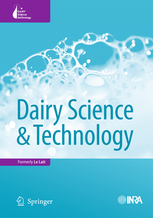

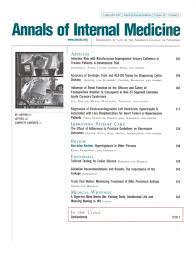 A major medical journal has updated its instructions to authors,
A major medical journal has updated its instructions to authors, 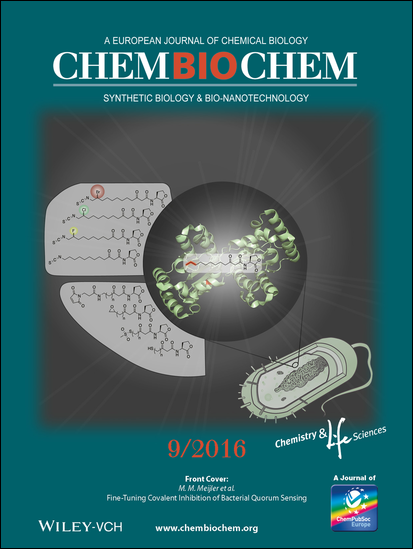 It was
It was